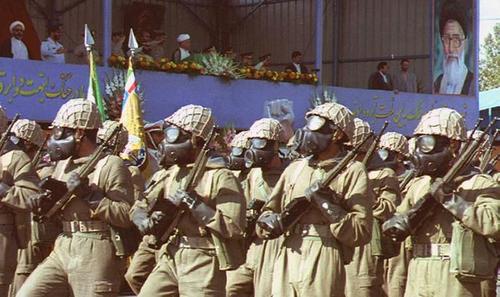Hummm.......
Posted for fair use.....
Upheavals in the Middle East over the past decade have challenged U.S. leaders to find new regional strategies and shift American alliances. Some recent realignments, however, seem to threaten both U.S. interests and regional peace.

www.factsandlogic.org
FLAME.HOTLINE.
March 16, 2021
Saudi Arabia’s Crown Prince Mohammed bin Salman (MBS) has acknowledged Saudi responsibility for the murder of dissident Jamal Khashoggi, but denies personal involvement. Reflecting a cooling of its relations with the Gulf state, the U.S. recently released an intelligence report condemning the killing.
Why the Biden Administration is picking a fight with Saudi Arabia
Dear Friend of FLAME:
Upheavals in the Middle East over the past decade have challenged U.S. leaders to find new regional strategies and shift American alliances. Some recent realignments, however, seem to threaten both U.S. interests and regional peace.
The beginning and end of the Arab Spring, the rise and fall of the Islamic State, the Syrian civil war, conflicts in Yemen and Libya, and ongoing efforts by the Islamic Republic of Iran to acquire nuclear weapons capability—all have
upended traditional U.S. diplomatic assumptions.
No surprise that previous U.S. administrations have embraced very different approaches to the region, including which nations and leaders to keep close and which to
hold at arm’s length.
President Barack Obama’s first visit to the region was Recep Tayyip Erdoğan’s Turkey—even as the Turkish leader tightened his iron grip on his nation—followed by a trip to Iraq, Saudi Arabia and then Egypt. That’s when Obama delivered his
ill-fated speech at Cairo University, which offended Israel and its many friends and delighted extremists throughout the region.
Obama’s team also engineered the failed Joint Comprehensive Plan of Action (JCPOA)—aka the Iran Nuclear Deal—which emboldened the extremist Shiite nation to expand its colonialist aggression in the region and further
export its extremist ideology.
By contrast, President Donald Trump’s first trip to the region included both Israel and Saudi Arabia, and these two nations became the pivots of his regional policy. This strategy—based on the understanding among the U.S. and many Gulf Arab states that
Iran is our common enemy—led to unprecedented regional normalization agreements between Israel and four Arab Sunni nations—known as the Abraham Accords.
President Joe Biden has seemingly returned to the Obama vision—despite its scant success. He is now distancing himself from allies like Israel and Saudi Arabia, while extending a friendly hand to Iran, even as the Islamic Republic attacks U.S. personnel, American interests and our friends and allies.
A prime example is the recent decision by the Biden Administration to
publish the intelligence report on Jamal Khashoggi’s death in late 2018 and place sanctions on some Saudis involved. While the murder of the journalist was certainly an onerous act—and had to be condemned, as it was at the time—the timing of the diplomatic slap in the face was not coincidental, and its ulterior meaning was a message that the Saudis had to be kept at arm’s length.
Whatever else we may say about Saudi Arabia, it has been a good ally of the U.S. Saudi Arabia’s economic, religious, and political weight in the Arab world and globally is a
critical asset to any US administration seeking to block Iranian advances and reduce Chinese and Russian involvement in the region.
The Saudis welcomed U.S. troops during the First Gulf War, helped battle ISIS, they play an important role in the American economy and serve as an apex for regional pragmatism. Furthermore, Saudi Arabia has played a vital role in
ending the Arab-Israeli conflict by giving its tacit blessing to the Abraham Accords and allowing Israeli flyover rights over its territory.
While Saudi Arabia’s human rights record is certainly open to scrutiny, it is no worse than many others in the region to which the Biden Administration is warming. Last year, Turkey imprisoned 37 journalists, as it continues to stifle open debate and the free press. Egypt imprisoned 27 and Iran 15.
On the other hand, while far from a liberal democracy, Saudi Arabia, under Crown Prince Mohammed bin Salman bin Abdulaziz Al Saud, colloquially known as MBS, has launched a series of social and economic reforms aimed at
modernizing the conservative kingdom in recent years.
While the Biden Administration appears to be interested in rejoining the JCPOA, Iran continues to be
the most malign influence across the region. It has proxies involved in wars, conflicts and massacres across the Middle East, whether in Yemen, Lebanon, Syria or Iraq.
Hundreds of thousands of people have lost their lives as a result of actions connected to the Ayatollah regime. Furthermore, earlier in the month, three people were killed after a base hosting U.S. and UK troops in Iraq was hit by a rocket attack
launched by Iranian-backed militias. In January, another attack left more than 100 American soldiers suffering from traumatic brain injuries.
That Iran is directly involved in attacks on Americans and against American interests around the region has not affected President Biden’s appetite to sit and negotiate with it. Unfortunately, the new president is surrounded by people who negotiated the JCPOA and
feel ideologically beholden to it. These same advisors know that the nuclear agreement’s greatest adversaries are Saudi Arabia and Israel, both of whom are direly threatened by Iran’s bellicose behavior.
Ironically—and tragically—discrediting and distancing the U.S. from its two strongest allies in the region appears to be the way back into an agreement that primarily allows a treacherous
path to an Iranian nuclear weapon . . . and few discernable benefits. Indeed, the Biden Administration has made little effort to justify its shift to a new Iran agreement and its swerve away from its allies.
Diplomacy is about securing national interests. It is in the interests of the U.S. to distance itself from Iran, which costs us so much
blood and suffering in the region and continues to refer to us as the “Big Satan” and chant “Death to America” regularly at official state rallies.
On the other hand, while Saudi Arabia is no bastion of democracy or human rights, it invariably comes down on the side of the U.S., time and again and has shown it can be an
important force for peace in the region.
I hope you’ll emphasize to friends, family, colleagues and your elected representatives that the Biden Administration’s threatening message to Saudi Arabia is also harmful to Israel’s interests. The two Middle East nations stand together as part of a
new moderate pillar in the region. Toward the end of the Trump Administration, it was variously assessed that open diplomatic relations between the two burgeoning allies would be forthcoming.
Now it seems the forces towards greater peace will be stymied in the near future, because the Biden Administration is trying to
placate its progressive wing. The Left, of course, sees appeasement of Iran as the pinnacle of foreign policy, while its opponents in Jerusalem and Riyadh receive the cold shoulder.
I hope you’ll also take a minute, while you have this material front and center, to forward this message to friends, visit FLAME’s lively
Facebook page and review the P.S. immediately below. It describes FLAME’s new hasbarah campaign—which exposes the dangerous folly of the U.S. trying to entice Iran back intro the failed “Iran Deal” of 2015.
Best regards,
Jim Sinkinson
President, Facts and Logic About the Middle East (FLAME)
| P.S. | The Biden administration and many members of Congress seem determined to reengage with Iran over the coming year—and some reports indicate a willingness to return to the failed “Iran Nuclear Deal” without preconditions. As you know, this would be disastrous—for the U.S. and for Israel and our other allies in the Middle East. The Iran Deal gave the Islamic Republic a roadmap to nuclear weapons and did nothing to check their jihadi activities, including development of long-range ballistic missiles. To warn Americans of this danger, FLAME has created a new hasbarah message called “No Fool’s Deal with Iran.” I hope you’ll review this convincing, fact-based paid editorial, which will run in USA Today, the New York Times, Washington Post, and other media nationwide. It spells out specifically the protections any new Iran deal must provide. This piece will also be sent to all members of Congress, Vice President Harris and President Biden. If you agree that this kind of public relations effort on Israel’s behalf is critical, I urge you to support us. Remember: FLAME’s powerful ability to influence public opinion—and U.S. support of Israel—comes from individuals like you, one by one. I hope you’ll consider giving a donation now, as you’re able—with $500, $250, $100, or even $18. (Remember, your donation to FLAME is tax deductible.) To donate online, just go to donatenow. Now, more than ever, we need your support to ensure that the American people, the U.S. Congress and President Biden stay committed to realistic policies in relation to Iran, Israel and the entire Middle East.
As of today, more than 15,000 Israel supporters receive the FLAME Hotline at no charge every week. If you’re not yet a subscriber, won’t you join us in receiving these timely updates, so you can more effectively tell the truth about Israel? Just go to free subscription. |


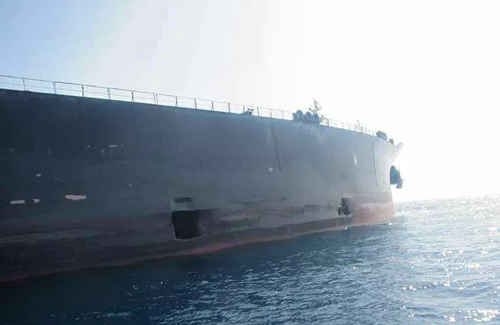

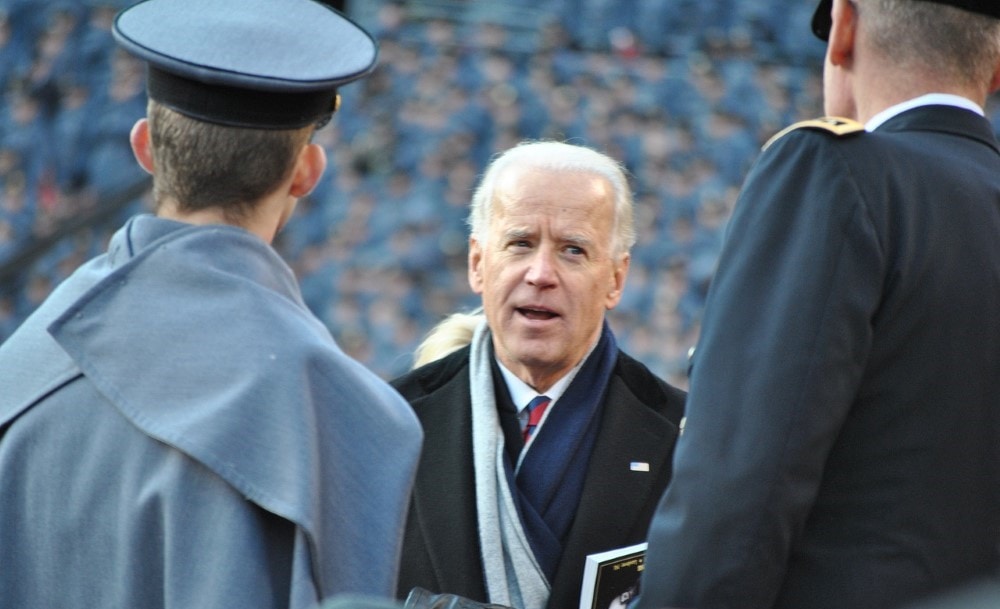




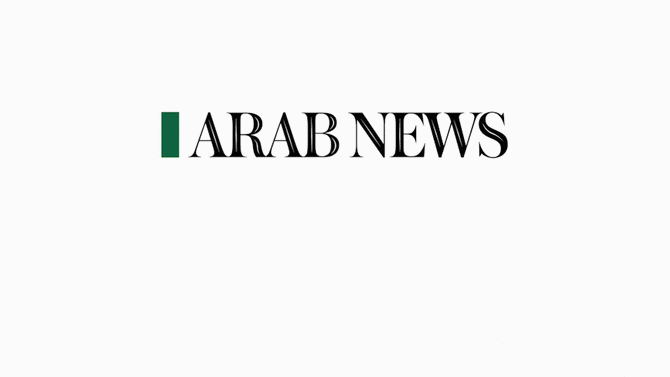
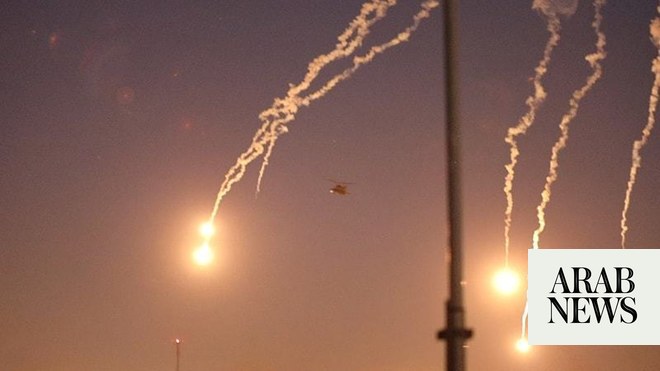



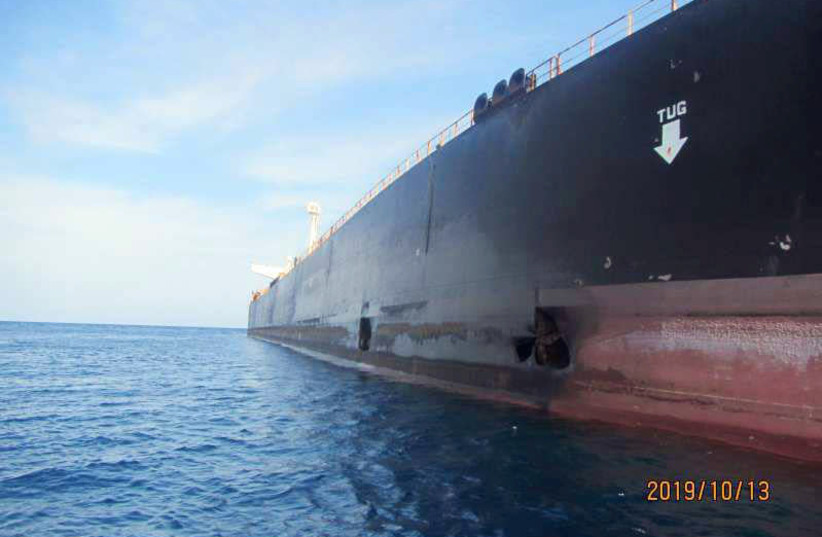




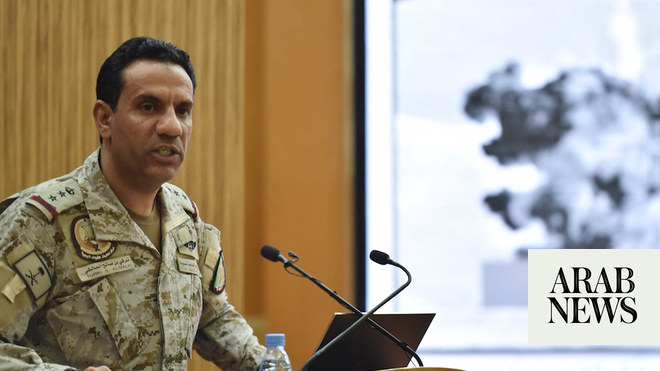
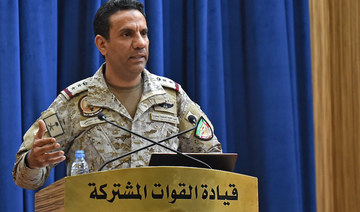
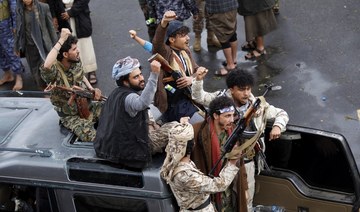
:quality(70)/cloudfront-eu-central-1.images.arcpublishing.com/irishtimes/VWQ37PNT5K3PWOCL3HZPIMQX6E.jpg)


